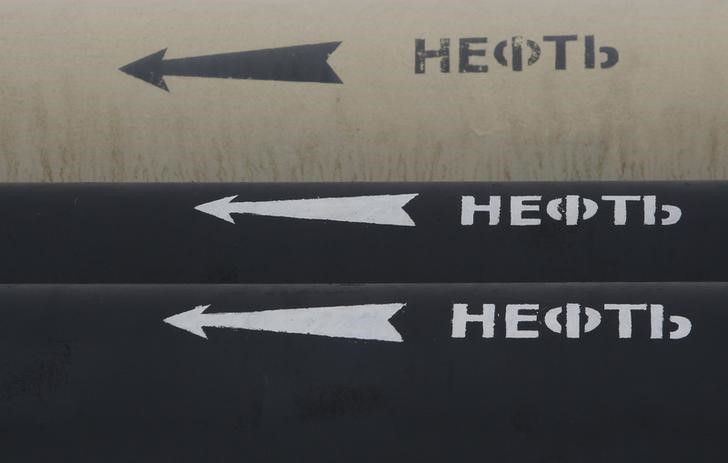By Arathy Somasekhar
HOUSTON (Reuters) – Oil prices fell 1% lower on Wednesday after inventories rose unexpectedly and eased concerns somewhat that a wider conflict in the Middle East could cut supplies from one of the world’s most important crude oil production regions could threaten.
futures closed 93 cents lower, or 1.15%, at $79.76 a barrel. U.S. West Texas Intermediate crude futures fell $1.37, or 1.8%, to $76.98 a barrel.
U.S. crude inventories rose by 1.4 million barrels, compared with estimates of a decline of 2.2 million barrels, data from the U.S. Energy Information Administration showed. The build was the first after six consecutive weeks of draws.
“That six-week draw was pretty impressive, but that’s in the rearview mirror. The fact that we broke the streak should weigh on prices a bit,” said Robert Yawger, director of energy futures at Mizuho in New York.
Gasoline and distillate inventories fell more than expected.
Figures from the American Petroleum Institute on Tuesday showed a decline of 5.21 million barrels last week.
Brent was up more than 3% on Monday to cap a five-day streak of gains, closing at $82.30 a barrel, after hitting a seven-month low of $76.30 early last week.
Iran had vowed a stern response to the killing of the Hamas leader late last month. Three senior Iranian officials have said that only a ceasefire in Gaza could prevent Iran from direct retaliation against Israel for the killing.
Israel has neither confirmed nor denied its involvement, but is fighting Hamas in Gaza after the group attacked Israel in October. To counter Iran, the US Navy has sent warships and a submarine to the Middle East.
“Tighter supply (due to geopolitical tensions) is well priced in,” said Dennis Kissler, senior vice president of trading at BOK Financial.
NEVER ASK
The International Energy Agency also hampered oil price increases by revising its 2025 estimate for oil demand growth on Tuesday, citing the impact of a weakened Chinese economy on consumption. That came after OPEC cut forecast demand for 2024 for similar reasons.
A recent set of gloomy indicators has blunted expectations for China’s economic performance in July, fueling concerns about the world’s second-largest economy.
Global jet fuel demand is also poised to soften as a slowdown in consumer spending impacts travel budgets, a shift that could weigh on oil prices in coming months.
“The summer riding season is seeing its last hurray as schools return and Labor Day quickly approaches.” said Kpler analyst Matt Smith.
U.S. consumer prices rose moderately in July and the annual increase in inflation slowed to below 3% for the first time since early 2021, reinforcing expectations that the Federal Reserve will cut interest rates next month.
Lower interest rates can stimulate economic activity and demand for oil.

British consumer price inflation rose less than expected in July, raising expectations for a rate cut.
Libya’s Waha oil company’s output, which provided a floor for crude prices, was cut by 115,000 barrels per day due to maintenance on the pipeline pumping oil from the Waha field to the port of Es Sider, a company source said told Reuters on Wednesday.


